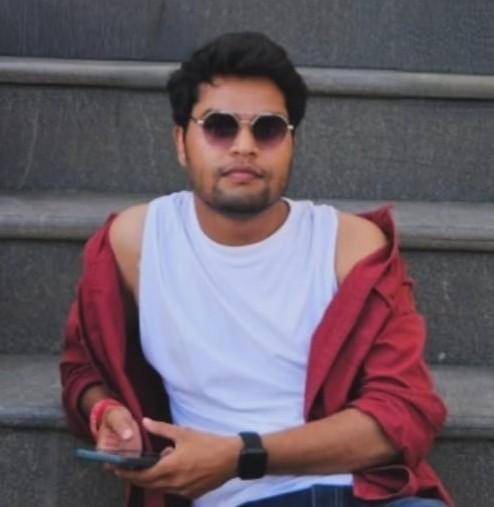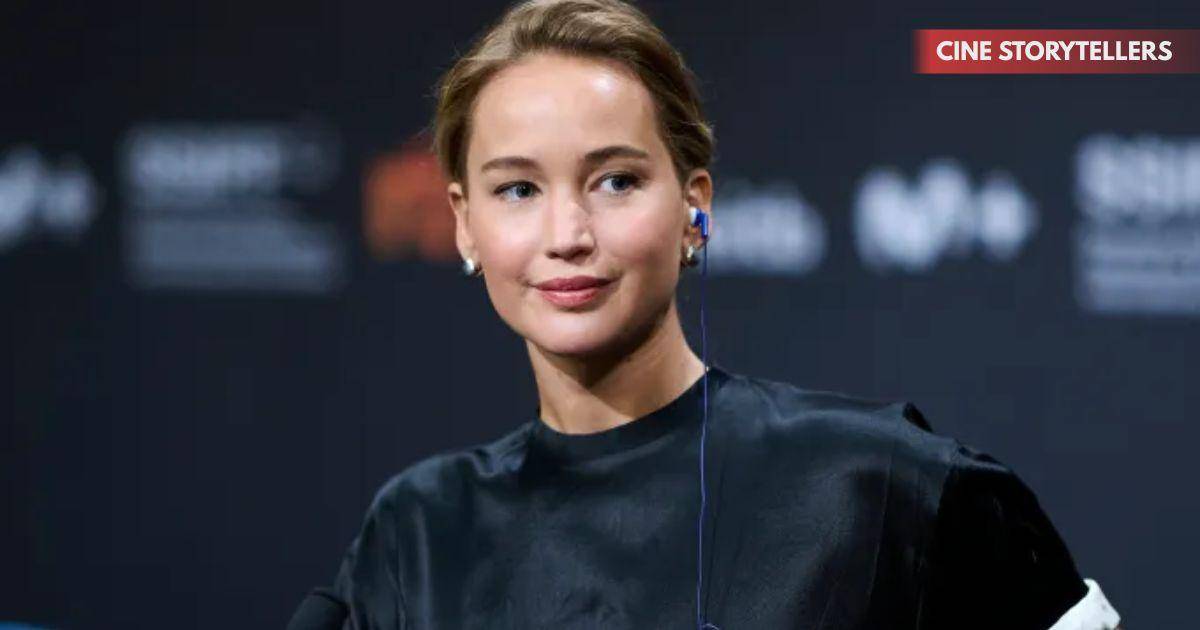Jennifer Lawrence, the Academy Award-winning actress, used her platform at the San Sebastián Film Festival to speak about the ongoing conflict in Gaza. When asked about the situation, Lawrence described it as “mortifying” and “no less than a genocide.”
Despite a moderator attempting to steer the conversation toward her film, Lawrence remained firm, emphasizing the severity of the humanitarian crisis. Her comments reflect a growing trend of actors and public figures taking a stand on global issues, highlighting the power of celebrity voices in shaping public discourse.
The Humanitarian Crisis in Gaza
The Gaza conflict escalated dramatically after the October 2023 attacks led by Hamas, resulting in the deaths of over 1,200 people in Israel. In retaliation, Israel launched extensive military operations that have claimed more than 65,000 Palestinian lives and injured over 160,000.
Civilians make up roughly 83% of the casualties, and thousands have been displaced due to destroyed infrastructure. Hospitals, schools, and homes have been severely damaged, creating a pressing humanitarian crisis. International organizations have called for urgent aid and protection for vulnerable populations in the region.
International Reaction to the Crisis
Lawrence’s remarks mirror the growing concern among global leaders and organizations. Countries around the world have urged an immediate ceasefire and the safeguarding of civilians.
Human rights organizations have condemned violations on both sides and called for adherence to international humanitarian law. The United Nations continues to play a critical role, coordinating humanitarian aid and peacekeeping initiatives to alleviate the suffering of affected populations.
Celebrity Advocacy and the Power of Public Platforms
Jennifer Lawrence is not the first Hollywood figure to speak out on international conflicts, but her direct language has drawn significant attention. By calling the Gaza situation “genocide,” Lawrence amplified the urgency of the crisis, demonstrating how influential figures can bring global awareness to humanitarian issues.
Celebrities often use media appearances and social platforms to advocate for marginalized communities and spotlight social injustices. Lawrence’s choice to address the conflict during a major film festival underscores the intersection of art, media, and activism.
Free Speech Concerns in the United States
In addition to discussing Gaza, Lawrence expressed concern about the state of free speech in her home country. She warned that dishonesty in public and political discourse could set a dangerous precedent, particularly for younger generations.
Lawrence highlighted the role of artistic spaces, such as film festivals, as essential arenas for open conversation. These spaces allow creators and audiences to engage with diverse perspectives, challenge preconceived notions, and foster empathy.
The Role of Film Festivals in Promoting Dialogue
Film festivals provide a platform where global issues can be explored and discussed. By combining storytelling with public engagement, festivals can create awareness and spark meaningful conversation.
Lawrence’s participation in San Sebastián demonstrates the potential for film festivals to be more than showcases of cinema—they can become catalysts for social awareness and human rights advocacy. Through her remarks, Lawrence encourages both audiences and fellow artists to consider their platforms responsibly.
The Impact of Lawrence’s Remarks
Following her comments, media outlets worldwide covered Lawrence’s statements extensively. The discussion has reignited international dialogue about the humanitarian situation in Gaza and highlighted the responsibility of public figures to use their voices for awareness.
Fans and critics alike have weighed in, some praising her courage and honesty, while others debated the implications of labeling the conflict as “genocide.” Regardless of opinion, Lawrence’s remarks have undeniably pushed the issue into the global spotlight.
Understanding the Gaza Conflict
To fully appreciate the gravity of Lawrence’s statements, it is important to understand the context of the Gaza conflict:
- October 2023 attacks: Led by Hamas, resulting in over 1,200 deaths in Israel.
- Israeli military response: Extensive airstrikes and ground operations in Gaza.
- Civilian impact: Tens of thousands of deaths, injuries, and mass displacement.
- International efforts: UN humanitarian aid, ceasefire negotiations, and global advocacy.
The situation is one of the most pressing humanitarian crises in recent decades, prompting worldwide concern.
Artistic Responsibility and Social Awareness
Lawrence’s decision to speak about Gaza underscores the belief that artists have a responsibility to engage with critical global issues. The entertainment industry often reaches millions of people, making celebrity advocacy a powerful tool for social change.
By addressing both humanitarian crises and domestic concerns like free speech, Lawrence illustrates the intersection between global and local responsibility. Her approach shows that engagement does not require a formal political role—it can begin with awareness and conversation.
The Broader Cultural Conversation
Lawrence’s remarks contribute to broader discussions about celebrity activism, the responsibility of public figures, and the ethical implications of labeling conflicts.
- Celebrity activism: Using platforms to promote humanitarian awareness.
- Ethical reporting: How media amplifies or challenges celebrity statements.
- Global discourse: Encouraging audiences to learn about the crisis independently.
This intersection of film, media, and activism reflects the changing landscape of cultural influence in the 21st century.
Also Read : Bigg Boss 19 Faces ₹2 Crore Legal Notice Over Unauthorized Song Use – Full Details
FAQs
Q1: What did Jennifer Lawrence say about Gaza?
Jennifer Lawrence described the ongoing Gaza conflict as “no less than a genocide” and expressed concern for the humanitarian crisis.
Q2: Where did she make these remarks?
She spoke at the San Sebastián Film Festival during a press conference for her film Die, My Love.
Q3: What is the current humanitarian situation in Gaza?
The conflict has resulted in over 65,000 Palestinian deaths and more than 160,000 injuries, with civilians making up the majority of casualties.
Q4: How has the international community responded?
Countries, human rights organizations, and the UN have called for ceasefires, accountability, and the protection of civilians.
Q5: What concerns did Lawrence raise about free speech?
She expressed worry about the normalization of dishonesty in political discourse in the U.S. and emphasized the importance of artistic platforms in fostering empathy.
Q6: Why is this significant for film festivals?
Lawrence’s statements show how film festivals can serve as platforms for social awareness, encouraging dialogue on global issues beyond cinema.
Join our WhatsApp channel for more updates and information about celebrities and entertainment

I’m Atul Kumar, founder of Cine Storytellers and an entertainment creator with 5+ years of experience. I cover films, celebrities, music, and OTT content with a focus on accurate, ethical, and engaging storytelling. My goal is to bring readers trustworthy entertainment news that informs, inspires, and goes beyond gossip.
Discover more from Cine Storytellers
Subscribe to get the latest posts sent to your email.
